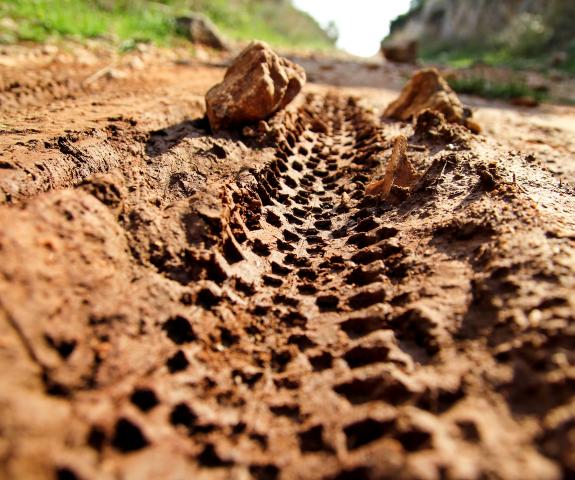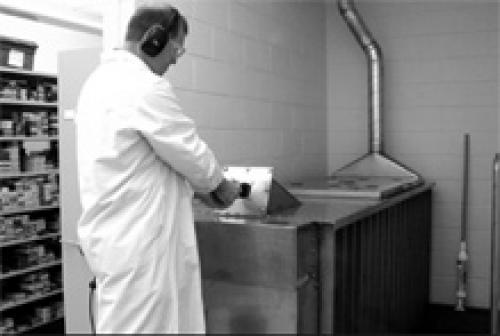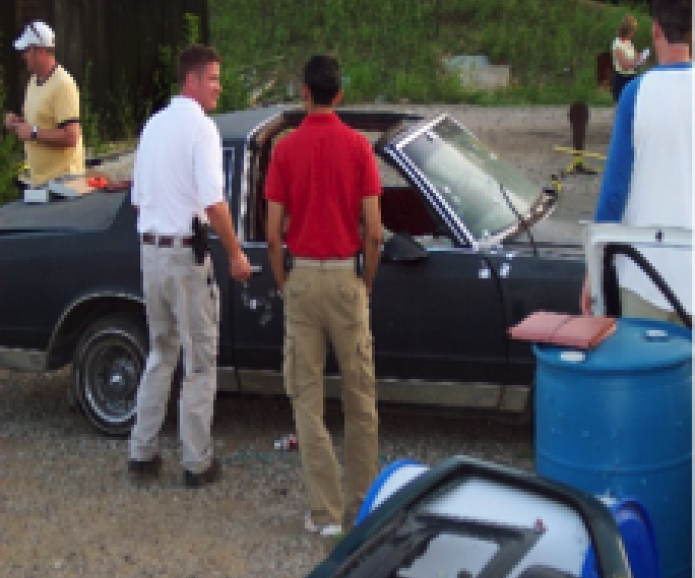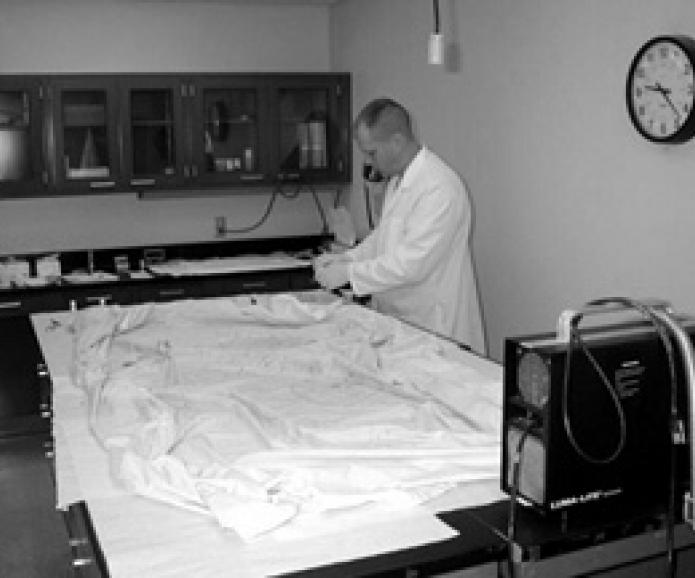
Careers in Criminalistics
Criminalists analyze, compare, identify, and interpret physical evidence, then report results for use in the justice system. The main role of the criminalist is to objectively apply standard, scientific processing techniques of the physical and natural sciences to examine physical evidence. Using specialized training, analytical skill, and practical experience, the criminalist separates evidence from items having little or no value. Next, the criminalist sorts, compares, and identifies the evidence, using chemical tests and instruments to develop useful information for investigation or at trial.
Scope of Work

Any results and conclusions made by the criminalist must be conveyed to others in the criminal justice system via written reports and expert testimony. The criminalist must express conclusions so that technical details are understood by the non-scientist jury, attorneys, and judges.
Criminalists must be able to think critically and use scientifically valid methods to analyze anything submitted to the laboratory. They must be familiar with many different types of equipment and techniques and must know basic chemistry concepts as well as have advanced knowledge of instrumental techniques.
"Wherever he steps, whatever he touches, whatever he leaves, even unconsciously, will serve as silent evidence against him. Not only his fingerprints or his footprints, but his hair, the fibers from his clothes, the glass he breaks, the tool mark he leaves, the paint he scratches, the blood or semen that he deposits or collects – all these and more bear mute witness against him. This is evidence that does not forget. It is not confused by the excitement of the moment. It is not absent because human witnesses are. It is factual evidence. Physical evidence cannot be wrong; it cannot perjure itself; it cannot be wholly absent. Only its interpretation can err. Only human failure to find it, study and understand it, can diminish its value."
— Paul L. Kirk, PhD
"Father of Criminalistics"

Education and Training
The minimum educational requirement for a criminalist is a bachelor's degree in chemistry, biology, physics, molecular biology, forensic science, or a related physical science. For some positions, a master's degree is required. When choosing a forensic science program, it is important to determine whether the program is accredited by the Forensic Science Education Programs Accreditation Commission (FEPAC). Accredited programs offer the necessary amount of science and math required to be a criminalist.
Criminalists must continually increase their knowledge in their discipline. To keep up with the many advances in science, the criminalist must take continuing education courses. After successfully completing an examination, the criminalist may become certified by the American Board of Criminalistics in a variety of specialties.

Career Opportunities
Criminalistics is a diverse profession and criminalists usually specialize in one or more of the many subdisciplines, such as firearms and toolmark identification, biology/DNA, controlled substance analysis, fire and explosion debris analysis, and wildlife forensic science. Criminalists work in forensic laboratories in police departments, sheriff offices, district attorney offices, regional and state agencies, medical examiners' offices, private companies, colleges and universities, and for federal agencies. Criminalists assist the United States Department of Justice in helping other countries create or update forensic science services.
The criminalist may start as a "bench" scientist after graduating from college and, through education and dedication, work up to forensic laboratory director. There are many opportunities to teach at community colleges and universities training future criminalists.
Disciplines of Forensic Science
The AAFS is composed of more than 6,000 scientists organized into 12 sections representing the different areas of interest, activity, education, and expertise of individual members.
Additional Resources
Begin Your Journey
How can you get closer to the forensic science community, and do your part in advancing the industry?